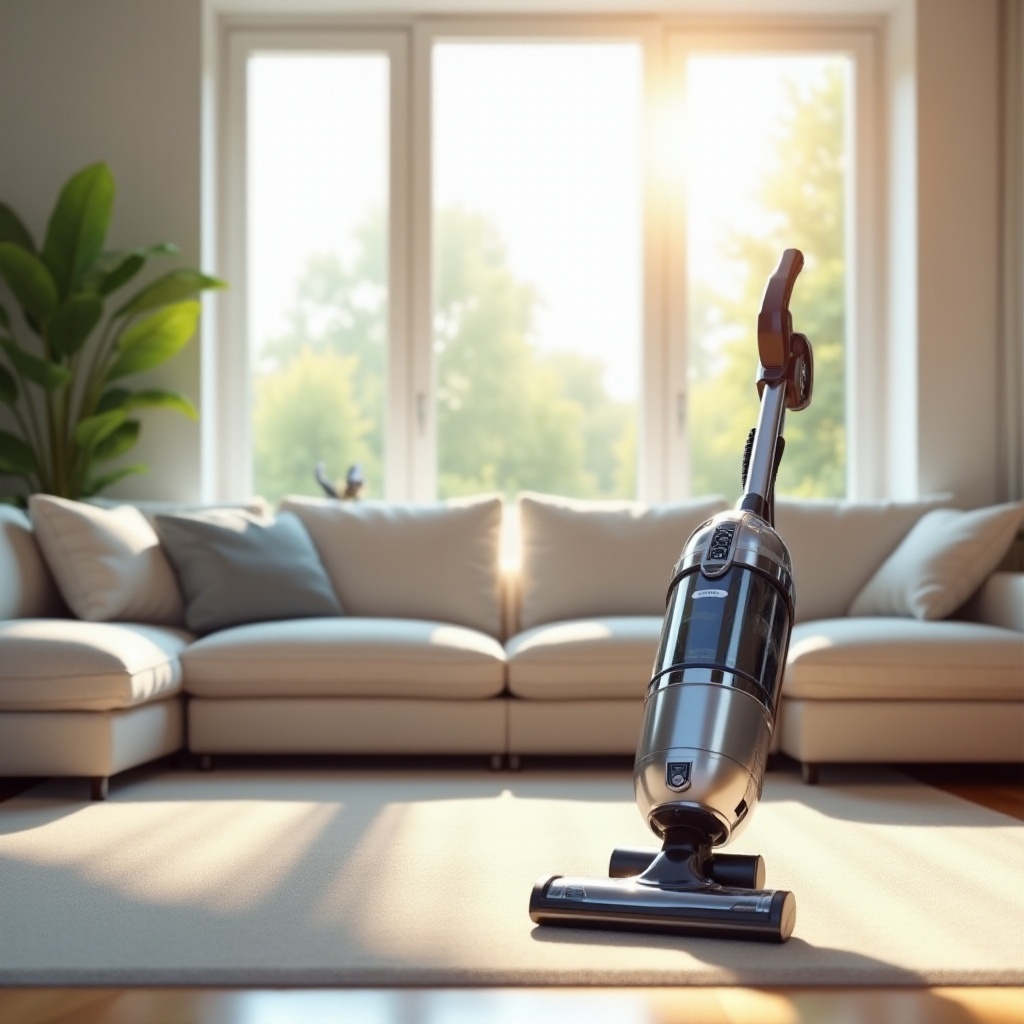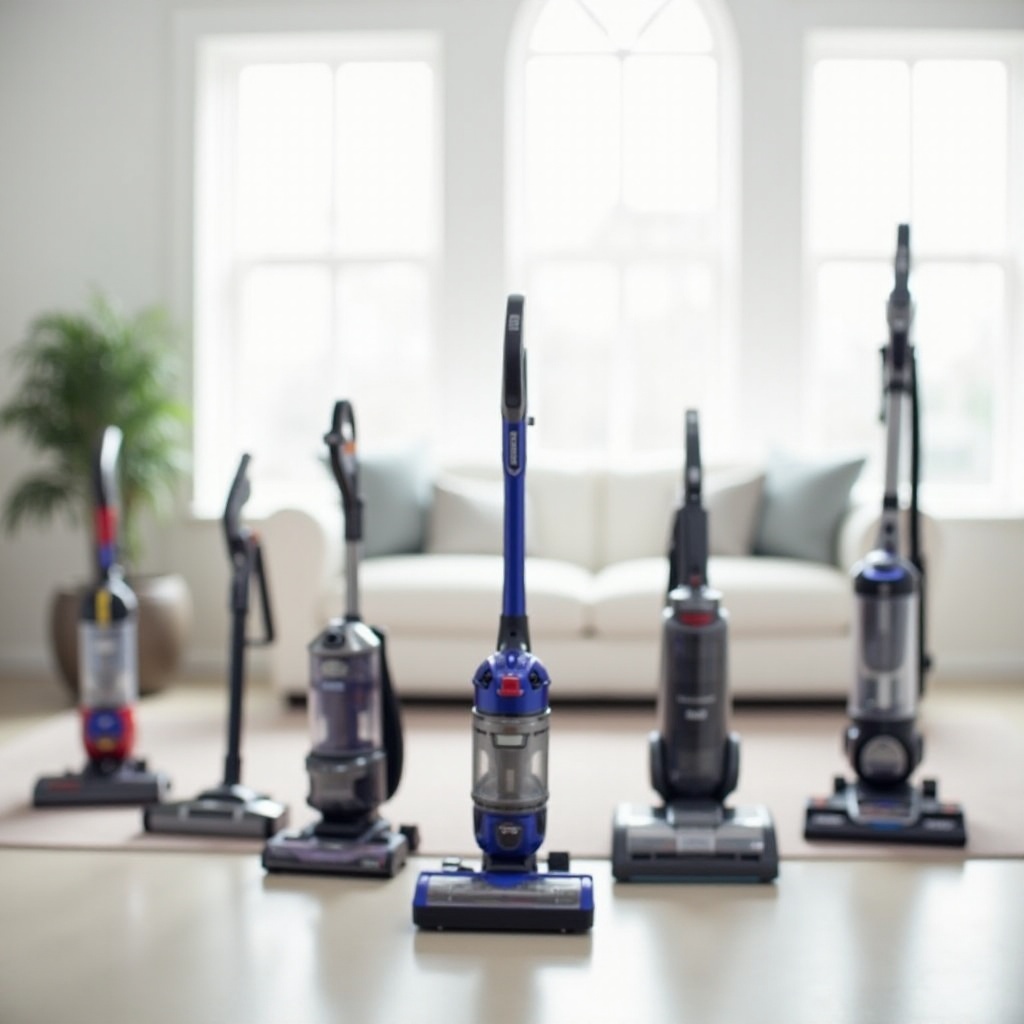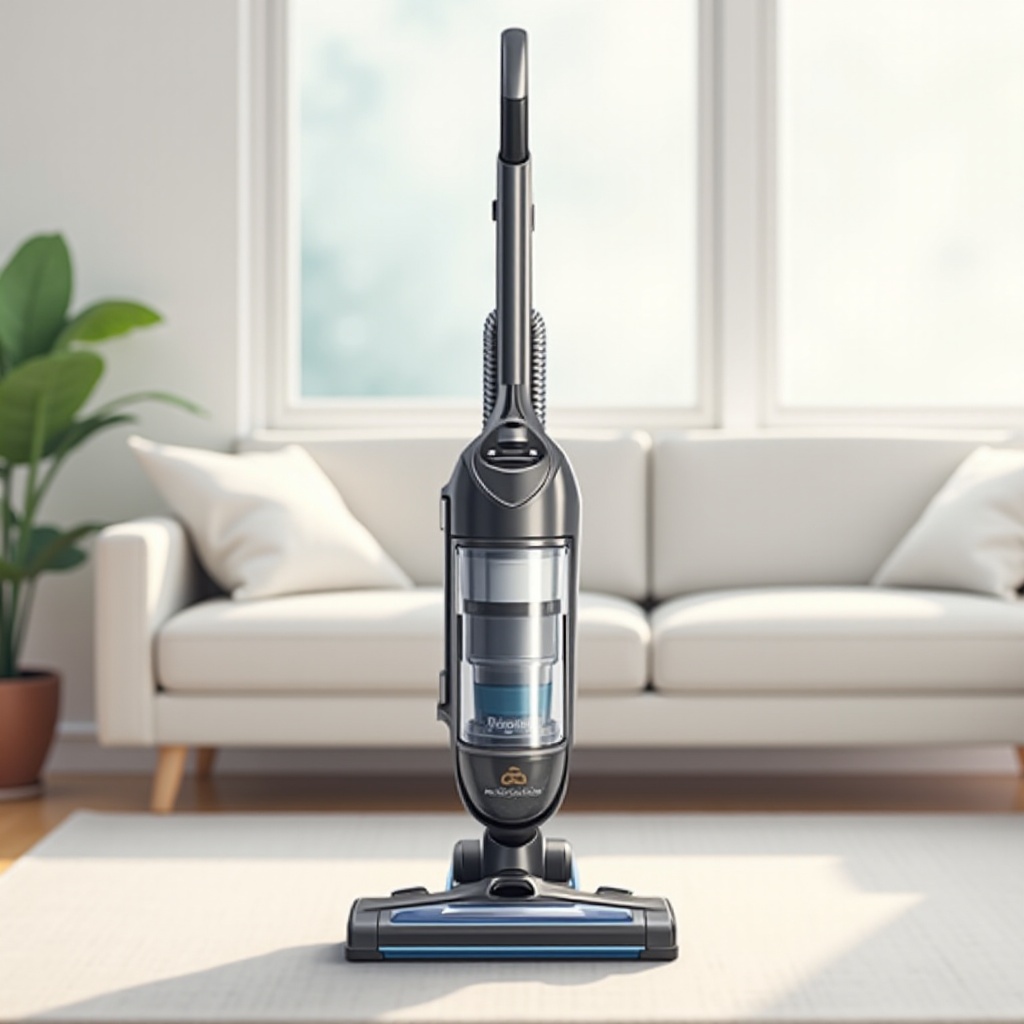Introduction
Understanding the lifespan of a vacuum cleaner is crucial for homeowners. You rely on these devices to help maintain clean and healthy living spaces. But the question is, how long do vacuums last? The lifespan can vary greatly depending on the type and how well it is maintained. In this blog, we provide expert insights and actionable tips to extend the life of your vacuum cleaner. Whether you own an upright or robotic model, you will find valuable information to keep your cleaning companion in top shape.

Types of Vacuum Cleaners and Their Lifespans
Different types of vacuum cleaners come with varying lifespans. Let’s break down the main types and how long you can expect each to last.
-
Upright Vacuums: Generally built to be robust and powerful, upright vacuums can last anywhere from 8 to 15 years. Their durability is attributed to their design, making them suitable for extensive use around the house.
-
Canister Vacuums: These are known for their flexibility and can last between 7 to 10 years. They are ideal for multi-surface cleaning, which is why their lifespan is slightly less than uprights due to the additional components.
-
Stick Vacuums: Often lightweight and compact, stick vacuums have a shorter lifespan, typically ranging from 5 to 8 years. Their smaller motors and portable design contribute to their limited longevity.
-
Robot Vacuums: These high-tech cleaners generally last 3 to 6 years. With regular software updates and maintenance, their lifespan can be extended, but their advanced technology often requires more frequent replacements.
-
Handheld Vacuums: Typically lasting between 3 to 7 years, these are designed for quick, spot-cleaning tasks. Their convenience comes at the cost of a shorter operational life.

Key Factors Affecting Vacuum Longevity
The lifespan of a vacuum cleaner does not only depend on its type. Several critical factors influence how long your device will last, including:
-
Frequency of Use: Daily or heavy use significantly impacts a vacuum’s lifespan. The more you use it, the quicker its components wear out.
-
Quality of Parts: High-quality parts tend to last longer. Investing in a vacuum with durable materials can pay off in the long run.
-
Maintenance Practices: Regular maintenance, such as cleaning filters and hoses, keeps your vacuum running smoothly and can greatly extend its life.
-
Brand: Established brands with good reputations often produce vacuums that last longer due to rigorous testing and higher standards.
-
Type of Flooring: Vacuums used on hard floors generally experience less wear and tear compared to those used primarily on carpets.

Proper Maintenance to Extend Your Vacuum’s Life
Maintaining your vacuum is essential to extend its lifespan. Here are some practical tips to keep your cleaner working efficiently for longer:
-
Regularly Check and Replace Filters: Clogged filters can cause the motor to overheat, reducing its lifespan. Clean or replace filters as recommended by the manufacturer.
-
Empty the Dustbin Frequently: A full dustbin reduces suction power and puts extra strain on the motor, leading to premature wear.
-
Inspect Hoses and Attachments: Look for cracks or blockages. Damaged parts can affect performance and should be repaired or replaced promptly.
-
Replace Belts When Needed: Belts are vital for brush roll function. A worn-out belt can lead to ineffective cleaning and increased motor strain.
-
Clean Brush Rolls: Hair and debris can wrap around brush rolls, causing them to jam. Remove any tangles regularly to keep them spinning freely.
-
Store Properly: Store your vacuum in a cool, dry place to prevent moisture damage and ensure all parts remain intact.
-
Professional Servicing: Consider annual professional servicing to check for any issues that might not be visible to the untrained eye.
Signs It’s Time to Replace Your Vacuum Cleaner
As we delve deeper, it’s essential to recognize the signs that indicate your vacuum cleaner needs replacing. Even the best-maintained devices will eventually wear out.
-
Loss of Suction: If your vacuum isn’t picking up dirt as effectively, even after cleaning filters and checking for blockages, it might be time for a new one.
-
Unusual Noises: Strange sounds can indicate motor or belt issues. Persistent noises are a sign that your vacuum is nearing the end of its life.
-
Overheating: If your vacuum frequently overheats, it could indicate a failing motor or internal blockages that can’t be fixed.
-
Expensive Repairs: When repair costs exceed the price of a new vacuum, it’s more economical to invest in a replacement.
-
Age: If your vacuum is over 10 years old and not performing well, even with maintenance, consider upgrading to a newer model.
Understanding these signs helps you prevent last-minute inconveniences.
Environmental Considerations for Vacuum Disposal
Disposing of a vacuum cleaner requires some environmental awareness. Instead of just throwing it away, consider these eco-friendly options:
-
Recycling Programs: Many cities offer electronic recycling programs where you can drop off old appliances. This ensures that components are reused or disposed of responsibly.
-
Manufacturer Takeback: Some manufacturers have takeback schemes for old devices. Check with the brand to see if they offer this service.
-
Donations: If your vacuum is still functioning, local charities or community groups might be happy to receive it.
-
Sell for Parts: Even if the vacuum doesn’t work, someone might need its parts. Selling it for parts can be a great way to ensure it’s used to the fullest.
By being mindful of how you dispose of your old vacuum, you can help reduce waste and promote recycling.
Conclusion
Knowing how long vacuum cleaners last and understanding what you can do to extend their lifespan can save you money and hassle. From choosing the right type to proper maintenance, every step you take can help your vacuum cleaner serve you longer and perform better. When the time comes, being aware of the signs that it needs replacing and disposing of it responsibly can also contribute to a sustainable environment. With the right care and attention, your vacuum cleaner can provide years of valuable service.
Frequently Asked Questions
How often should I replace my vacuum cleaner?
You should replace your vacuum cleaner every 7-10 years, depending on the type and how well it is maintained.
Does the price of a vacuum affect its lifespan?
Yes, usually higher-priced vacuums are made with better quality parts and tend to last longer.
Can I repair my vacuum to make it last longer?
Yes, regular maintenance and timely repairs of belts, filters, and brush rolls can extend the life of your vacuum cleaner.
